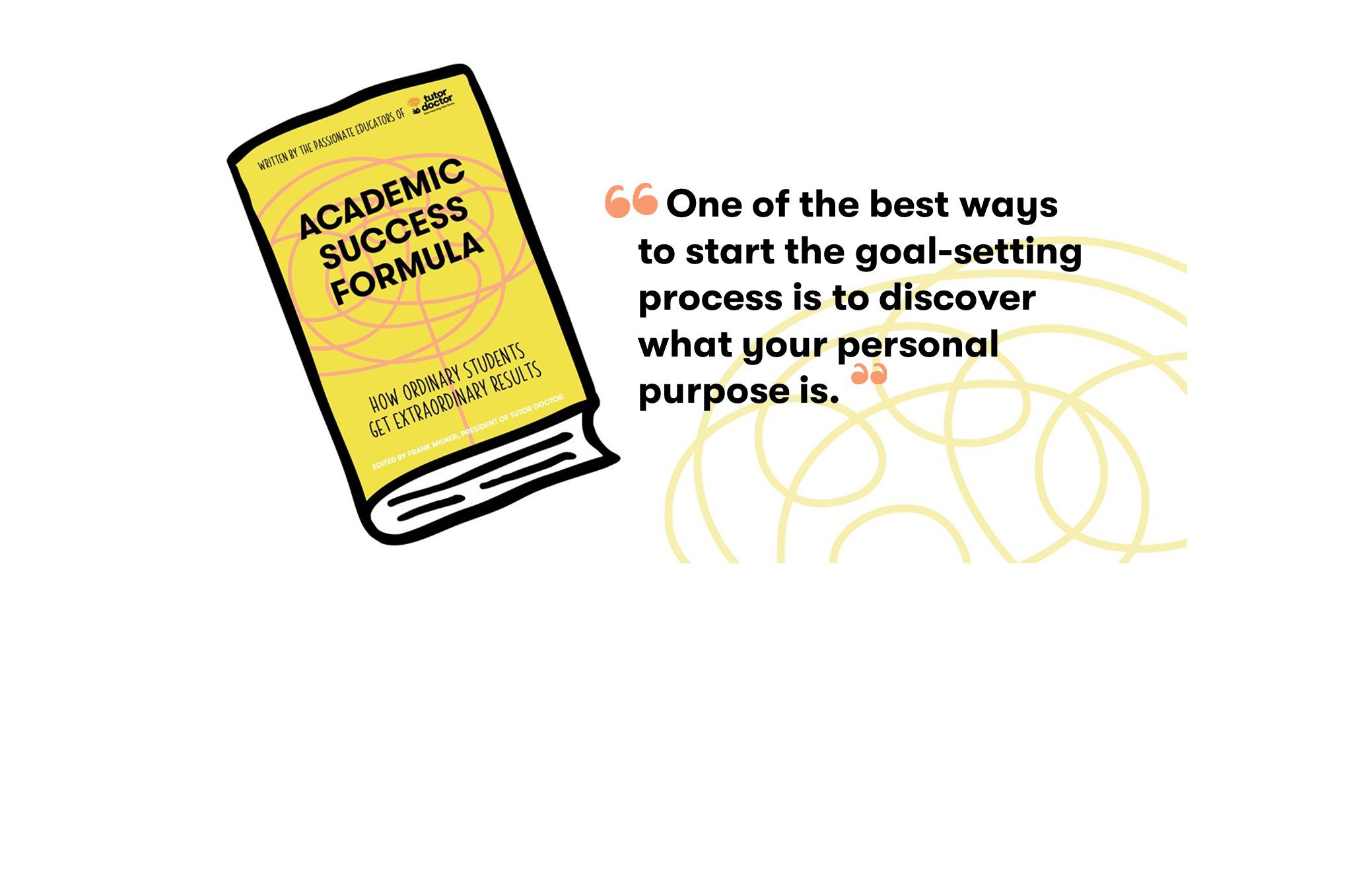Critical thinking is a valuable skill that your kids will use for their entire lives. However, many children don’t develop these crucial skills right away. Before long, they find themselves overwhelmed when critical thinking becomes applied in an academic environment. Although your kids will indeed use critical thinking in their science and math classes to form hypotheses and conduct experiments, we’re not going to focus so much on these aspects of critical thinking today! When it comes down to it, critical thinking skills incorporate problem solving, planning, and decision making – all important tools we continue to use long after school has ended. But how can we teach our children to start developing these skills early on?
Encourage them to ask questions. It’s important for kids to ask questions, as it encourages them to think for themselves rather than blindly following instructions. Even more importantly, kids should get comfortable asking questions when they don’t understand something! In an academic environment, some students are embarrassed to raise their hand in class. The misconception that students who ask a lot of questions are struggling or confused couldn’t be further from the truth – as any teacher will tell you, students that ask the most questions in class are generally the ones that are most engaged. Effort and participation is weighed heavily in the classroom, and encouraging your kids to ask questions is a great way to ensure they are remaining focused and actively thinking.
Ask them to form opinions. Encourage your children to share their own opinions through critical thinking. This is actually a lot simpler than it sounds! For instance, perhaps your child is watching their favorite animated movie. Try asking them why one character is “good” and the other is “bad.” Why did the bad character do what they did, and was it fair of them to do it? Which character is the strongest? Which character is the funniest? Although these may seem like silly examples, this is precisely the type of character analysis that your students will be doing in school, from comparing main characters in a book report to contrasting protagonists and antagonists in higher level literature classes.
Don’t give them all the answers. We know it’s hard to see kids struggle, but try not to always give them the answers – at least not right away! Encouraging them come to their own conclusions – whether it’s solving a math problem or answering a question – instills patience and deep thinking. One of the many reasons one-to-one tutoring works so well is due to the ample time our students receive to really begin to understand concepts that were previously unclear to them. Whereas certain topics may have been covered in a few class sessions, private tutoring allows us to spend hours focusing on specific areas that “went by too quickly” for the student to fully understand. The same thing goes for your kids – instead of giving them the answer or solution upfront, it’s best to encourage them not to rush and take their time to try and figure it out on their own.
Critical thinking helps your child form their own sense of individuality and opinion. At the same time, it provides vital decision-making and long-term planning skills that we employ for the rest of our lives. By encouraging your kids to be critical thinkers early on, you are helping them to lay a framework that will continuously aid them in future successes.




